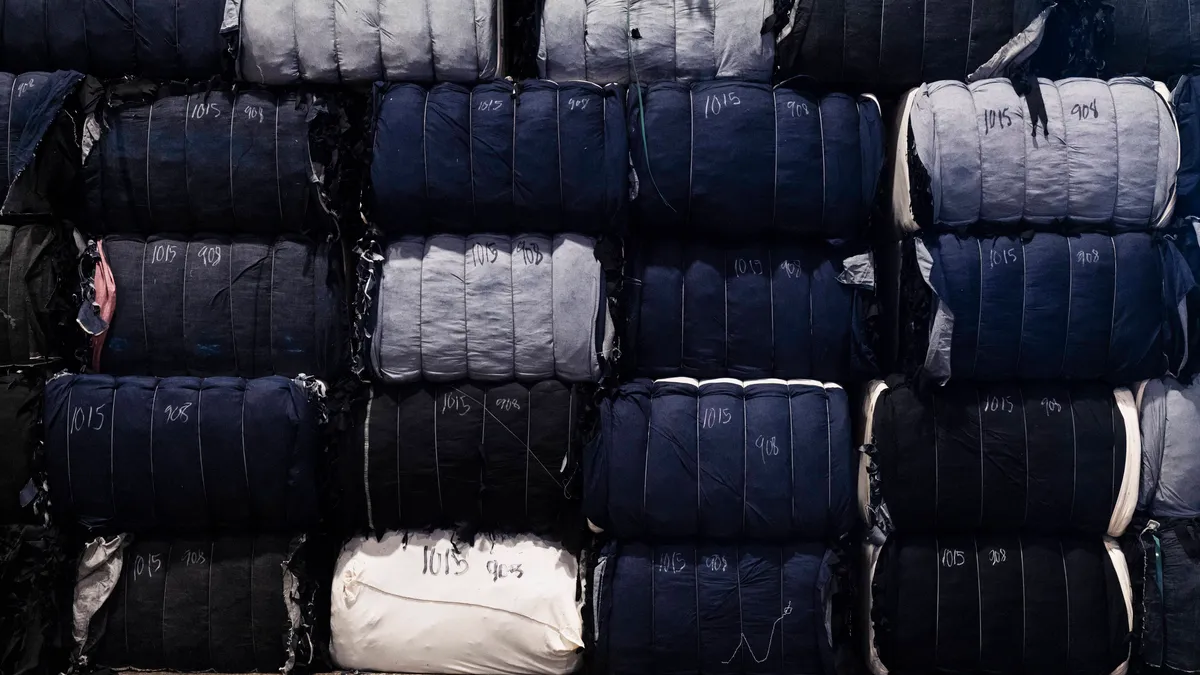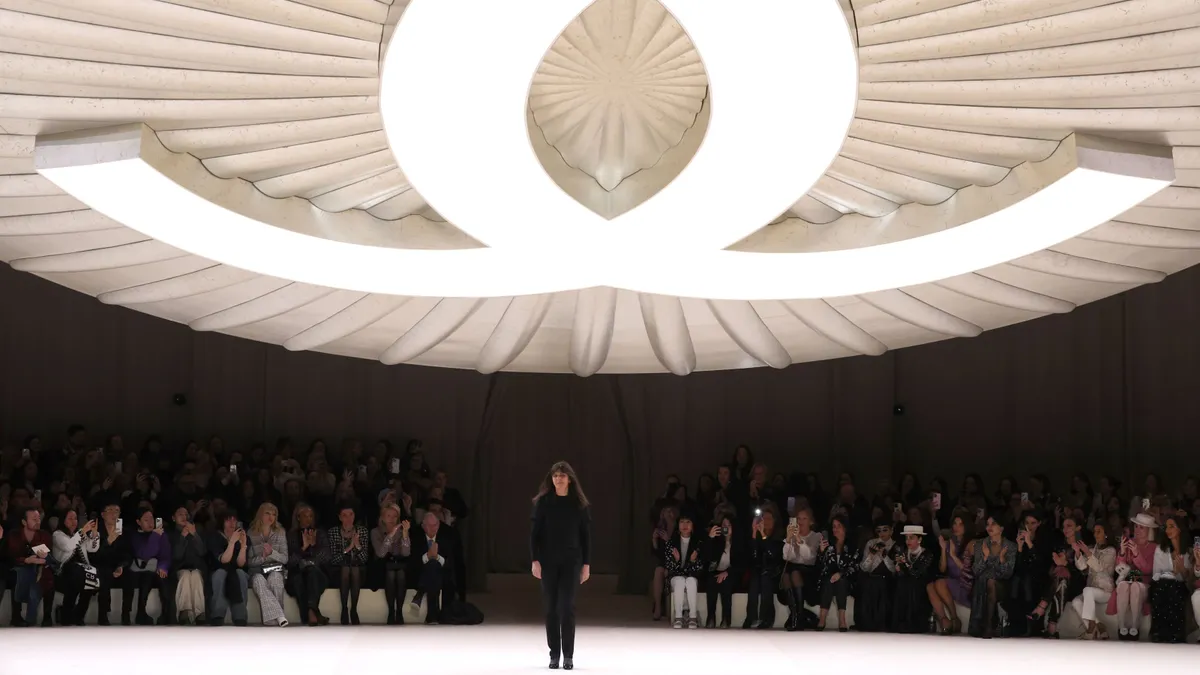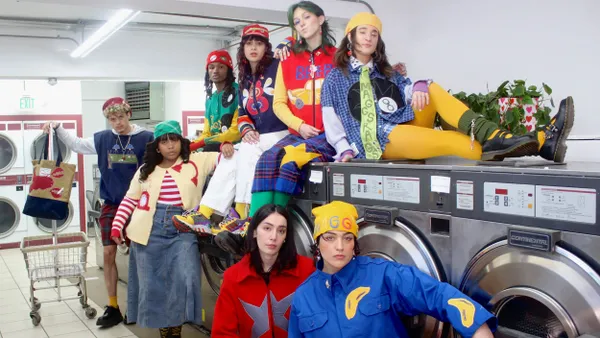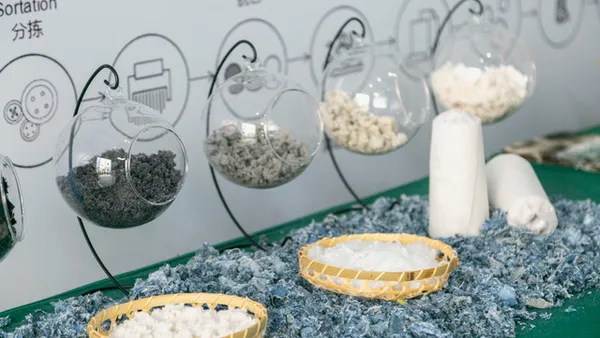Dive Brief:
- Textile recycling company Renewcell will file for bankruptcy at the Stockholm District Court, the company announced in a Sunday press release.
- The Circulose manufacturer said it was unable “to secure sufficient financing” after initiating a short-term strategic review in November. Although the Sweden-based firm said it had been negotiating with shareholders and existing lenders, its search for sufficient funding did not result “in a solution which would provide Re:NewCell with the necessary liquidity and capital to ensure its operations going forward,” per the release.
- On Feb.12, Renewcell announced that its Board of Directors was rescheduling the publication of its fiscal 2023 report until Feb. 23 “in order to continue the strategic review.” That report was once again rescheduled per a Feb. 23 announcement, which stated that the company would instead publish the report on Feb. 29, and that the strategic review was “ongoing with highest priority.”
Dive Insight:
Michael Berg, chairman of Renewcell’s board of directors, said in Sunday’s release that despite spending “very substantial time and efforts into trying to secure the necessary liquidity, capital and ownership structure for the company,” the board and its advisors were unable to solve Renewcell’s financial problems.
“I regret to inform that we have been forced to take this decision to file for bankruptcy,” Berg said. “This is a sad day for the environment, our employees, our shareholders, and our other stakeholders, and it is a testament to the lack of leadership and necessary pace of change in the fashion industry.”
In December 2023, Renewcell secured 100 million Swedish krona, or approximately $9.8 million, in short-term funding. The money came in the form of loans from top shareholders H&M and textile developer Girindus’s incubator arm Girincubator, which provided 45 million Swedish krona and 5 million Swedish krona, respectively. In addition, Renewcell obtained a credit increase, an extension of the maturity date of its existing revolving credit until June 2024 and “waivers of financial covenants.”
At the time, Renewcell said the money was meant to “resolve the short-term liquidity need which is caused by the slower than expected ramp up of sales in the textile value chain.” However, the company cautioned that the short-term loans, set to come due at the end of March 2024, were only a stopgap.
Despite the end-of-year lifelines, there was not enough liquidity to undo months of declining revenue. While the Sweden-based firm had been working to expand its supplier network, demand for Circulose, a recovered cellulose-based material, was slower than expected. In October, the company said “sales volumes to fiber producers are behind the levels previously expected.” Renewcell’s Q3 earnings showed a net loss of 94.5 million Swedish krona, which came after a Q2 2023 net loss of 105.4 million Swedish krona.











